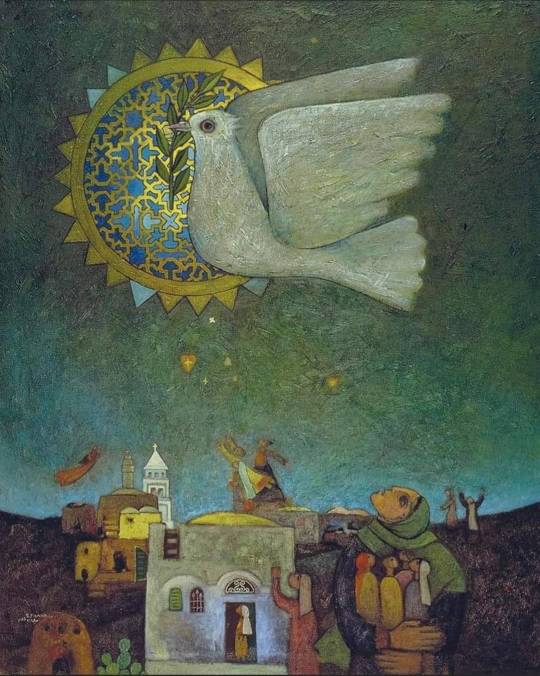Text
Sorry, but I just can't agree with this.
If people are drawn to the protest because it's an 'exciting' movement, (or because they're a shallow 'radlib') then so be it.
If they're drawn to the protest because they like braiding flowers in their hair and singing songs, or because they like getting one over on the cops, or simply because they like camping, then so be it!
That is STILL so much better than looking the other way, at least they're not simply getting on with their lives as if a genocide ISN'T CURRENTLY HAPPENING.
At least they're showing up, and there's probably a good chance they'll also learn something along the way. Everyone has to start somewhere.
Honestly, if naive, thrill-seeking kids (or 40 year-olds for that matter) want to get involved in the protest then more power to them. They are still learning, they are still growing, and they are still important.
They aren't the ones delegitimising the protests. Accusations of 'adventurism' and 'fetishisation' like this are what delegitimises a protest. The number of times I've had people walk past my local protest and say 'oh, they just have nothing better to do on a Saturday' is mind numbing.
You don't have to be perfect to protest a genocide. You don't have to have a perfect set of ideals. You don't have to be completely in the know. There is nothing exclusive about being against the murder of 40,000 people and the starvation of thousands more.
At then end of the day, the student leaders of the university protests are perfectly aware of what their goals are - and how they're intending to achieve them.
Whether the protestors joining in are fully aware of those demands, whether they even KNOW what divestment is, is a moot point. They're there, they're showing up and they're putting bums on proverbial seats. (Or bits of grass, as it were.)
Whoever you are, all you have to do is SHOW UP, in whatever way you can.
Radlibs and Western "leftists" are already reenacting the Hong Kong protest era fetishization of occupation strategies and outsmarting the police with DIY tactics wrt the student movement and I really hope people can try to not lose the plot and remember what the purpose of these campus occupations are (or should be), and that's getting universities to divest from the Zionist entity, including divesting from Israeli companies and weapons manufacturers as well as ending partnerships with Israeli universities, and stand in solidarity with *Palestine* - not Columbia or NYU. Please do not let the adventurism overshadow what the strategic goals of the student movement need to be.
605 notes
·
View notes
Text
If you're not familiar with the Accountability Archive I highly recommend checking it out. It's a website dedicated to keeping record of journalists, politicians, and public figures who endorse/encourage the ethnic cleansing of Gaza/Palestinians.
The goal of this website is to archive the data to be used in a number of ways. It will be available to future historians and researchers to understand how this type of mass killing can take place through research. It will also potentially be a resource for lawyers looking for supporting evidence in trying defamation and war crime cases.
I urge you to visit their website and submit evidence you've gathered. I don't think people who support an apartheid state/genocide should get to walk around without being held accountable.
4K notes
·
View notes
Photo
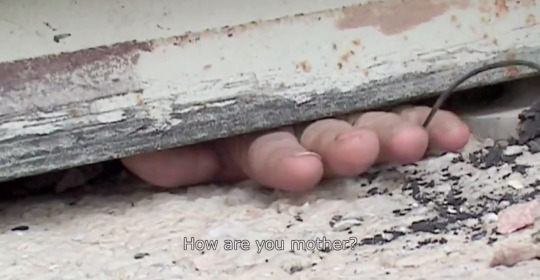
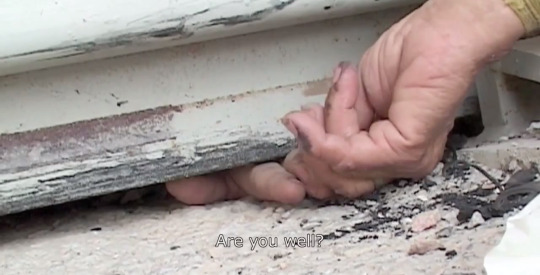
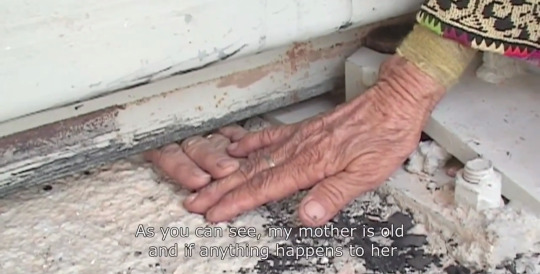

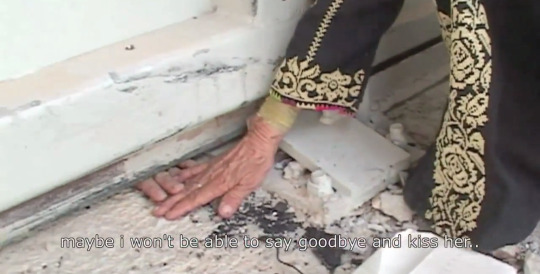
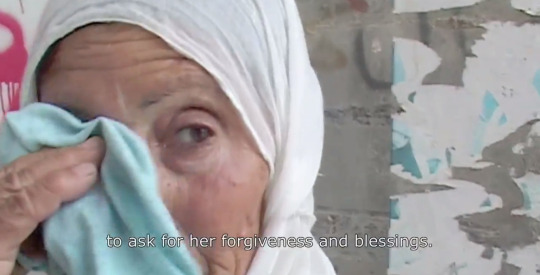
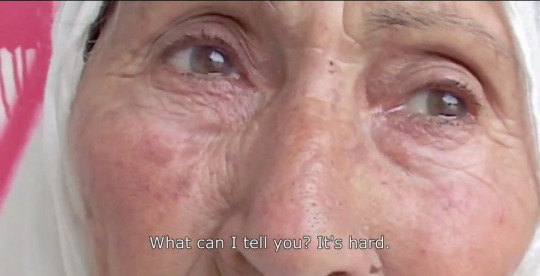
A woman reaches under a block from the apartheid wall trying to hold the hand of her mother on the other side. Many families have become segregated after the Israeli occupation regime completed the construction of the wall which runs through Palestinian lands. This is just one of thousands of cases.
53K notes
·
View notes
Text
The genocide in Gaza is unique in that every devastating chapter has been documented extensively and made available for the world to see. Every crime has played out exactly as boasted about by its perpetrators. Despite all this, the Western world has persisted and continues to persist with the material and political support that has made it all possible.
Hamza Ali Shah, ‘This Is the West’s Genocide Too’, Tribune
44 notes
·
View notes
Text
Book list: How the colonial Empires exported homophobia in Africa.

https://x.com/nyeusi_waasi/status/1763323499140309226?s=12&t=4uLjpNFaqLsl4VfC1LRTQQ
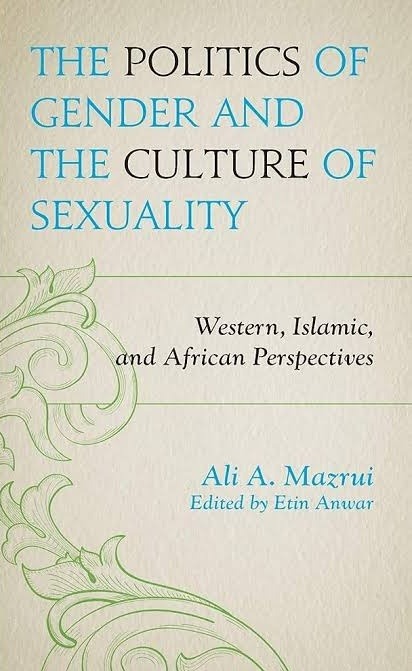


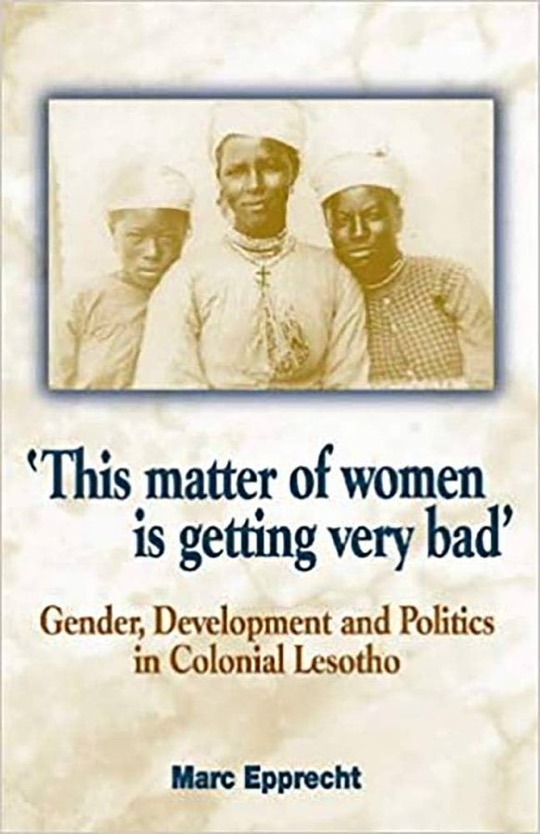
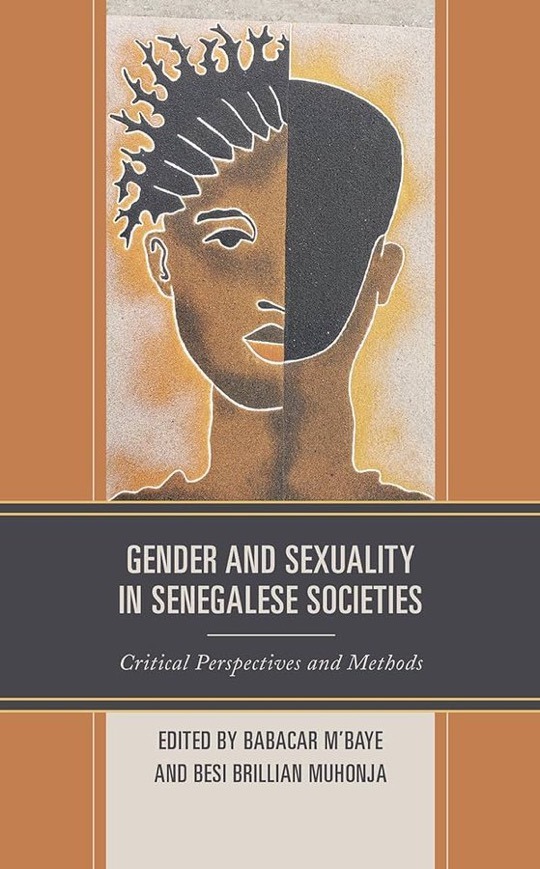



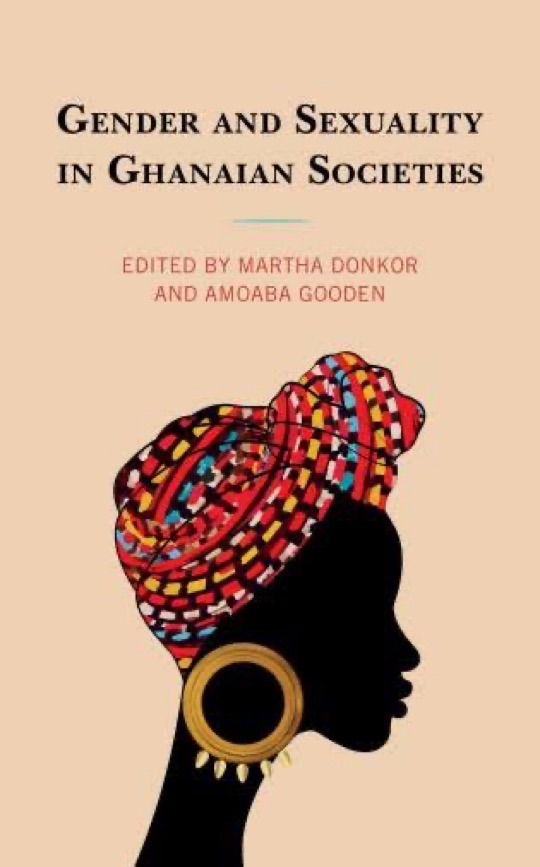
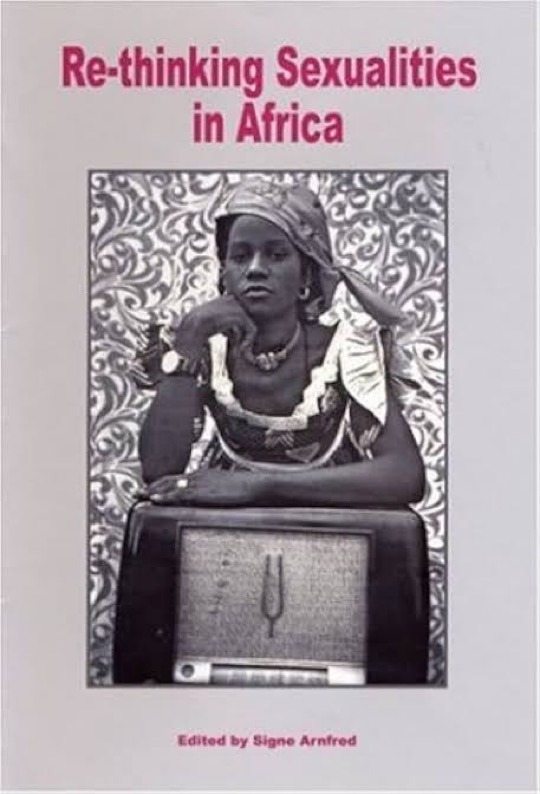
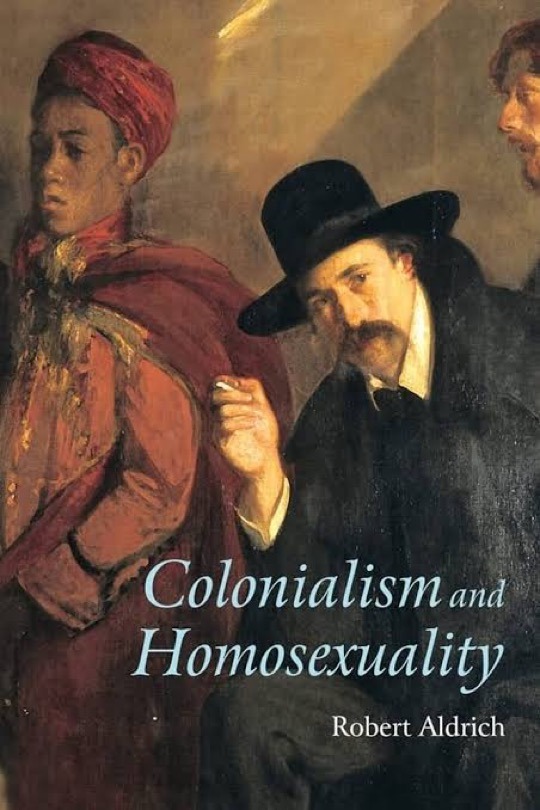
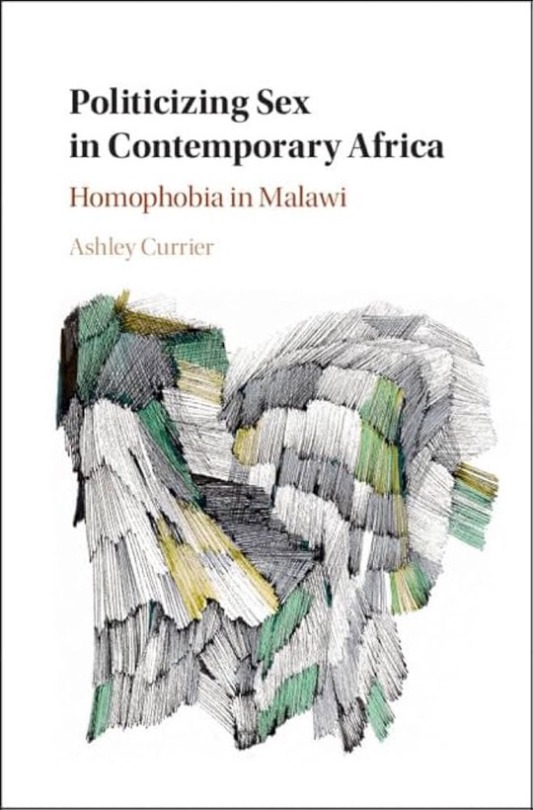
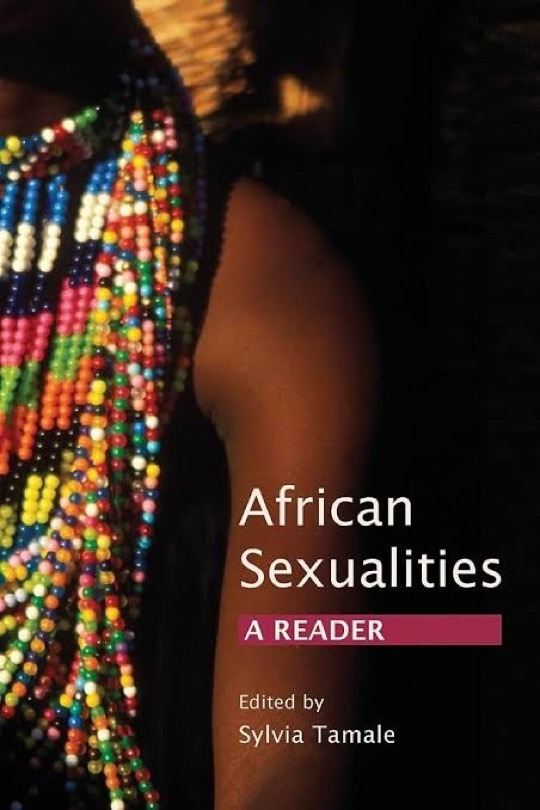







10 notes
·
View notes
Text
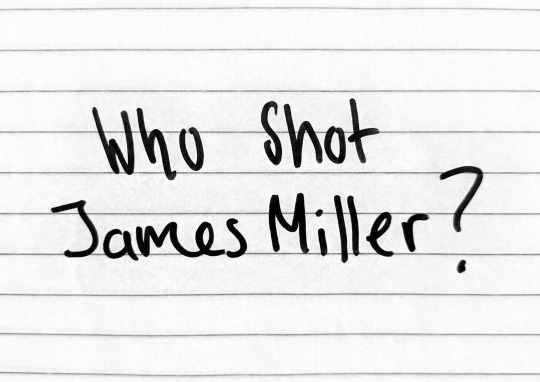
Who shot James Miller?

Who shot Brian Avery?
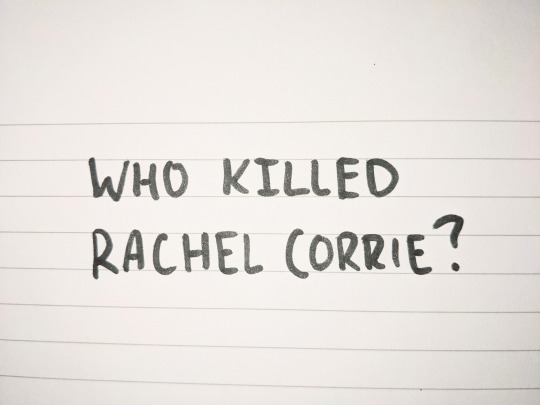
Who killed Rachel Corrie?
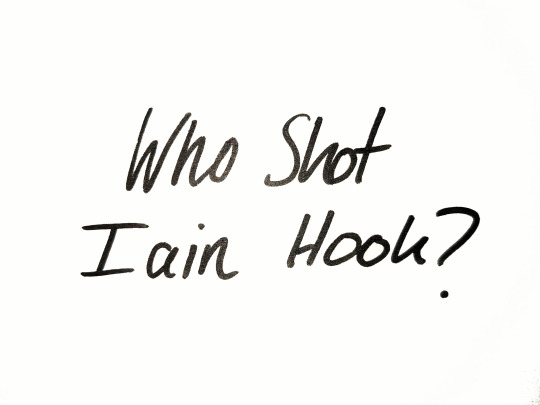
Who Shot Iain Hook?
Between 2002 - 2003 Israeli forces deliberately shot, killed and maimed five British and American citizens.
Of those five, the only perpetrator brought to 'justice' was Tasir Hayb, who served six years in an Israeli prison for the murder of Tom Hurndall, a British photographer.
The killers of James Miller, Rachel Corrie, and Iain Hook, are still unknown. The identity of the IDF soldier that shot Ben Avery in the face, causing him lasting disfigurement, is still unknown.
Their identities have been shielded, in collaboration with the UK and the US, by the Israeli state.
#free palestine#end the occupation#hold israel accountable#gaza genocide#boycott israel#israel is a terrorist state#human rights#colonialism#imperialism#israeli terrorism#british imperialism#uk politics#rachel corrie
21 notes
·
View notes
Text
Palestinian poet Mahmoud Darwish reciting his Poem of the Land
4K notes
·
View notes
Text
After the defeat of the Ottoman Empire in World War I, Britain was given administrative control over the area then known as Palestine. Britain’s foreign secretary at the time, Arthur James Balfour — who was previously Britain’s chief secretary for Ireland, and known for his sometimes brutal suppression of Irish demands for independence — had laid out his country’s support for “the establishment in Palestine of a national home for the Jewish people” in the Balfour Declaration of 1917.
[...]
British officials have drawn their own parallels between the Irish and the Palestinians. Ronald Storrs, who was governor of Jerusalem from 1917 to 1926, wrote in his memoir that if enough Jewish people moved to Palestine, it could “form for England a ‘little loyal Jewish Ulster’ in a sea of potentially hostile Arabism” — a reference to English settlers who were sent to Northern Ireland in what became known as the “plantation of Ulster.”
– Tracing the Deep Roots of Ireland’s Support for Palestinians, Megan Specia
14 notes
·
View notes
Text

The late Palestinian educator, Khalil Sakakini, wrote this to his cherished book collection in 1948, after the Nakba which saw the plunder of some 30,000 books by Israel.
58 notes
·
View notes
Text


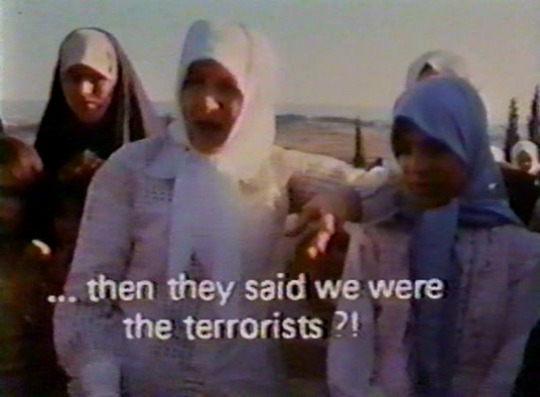
Jean Khalil Chamoun & Mai Masri - Wild Flowers: Women of South Lebanon (1987)
5K notes
·
View notes
Text
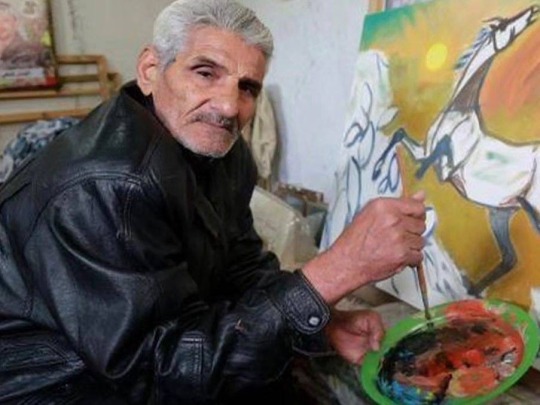

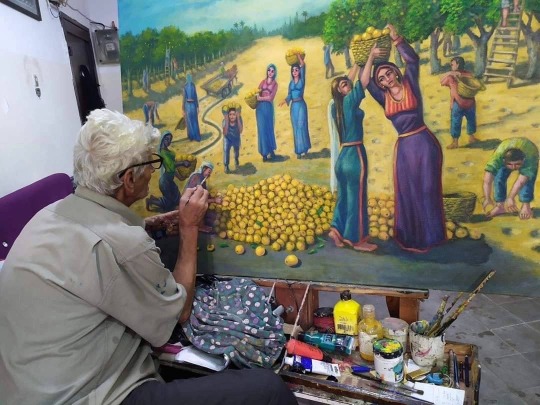
Palestinian artist Fathi Ghaben passed away yesterday at the age of 77, at Shuhada al-Aqsa Hospital in Deir al-Balah, while awaiting permission from Israel to leave Gaza to receive proper medical care.
Fathi was born in the village of Hirbiyya, just outside the strip, in 1947.
Together with his family, Fathi was displaced in 1948 and ended up in Jabalya refugee camp, where he lived until his passing. Where Hirbiyya used to be, now stands Kibbutz Karmiya. Just imagine living as a refugee your whole life while your original home is just 10km away.
4K notes
·
View notes
Text

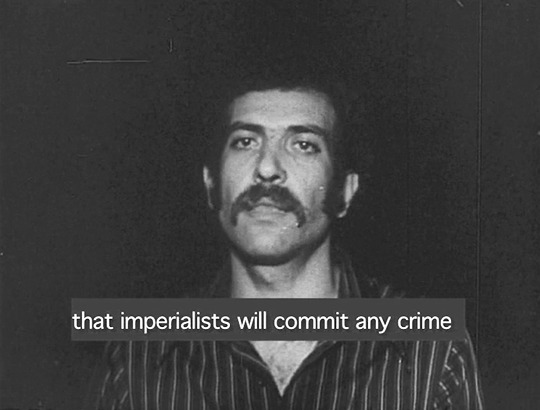
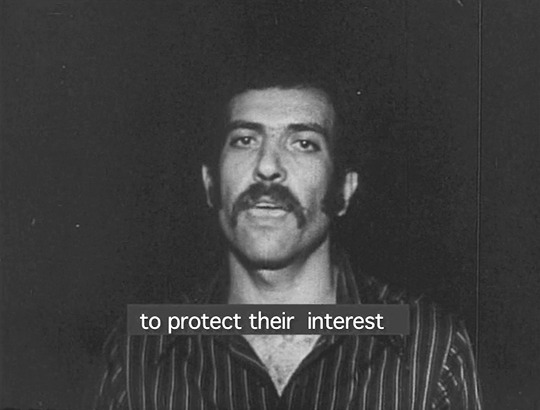

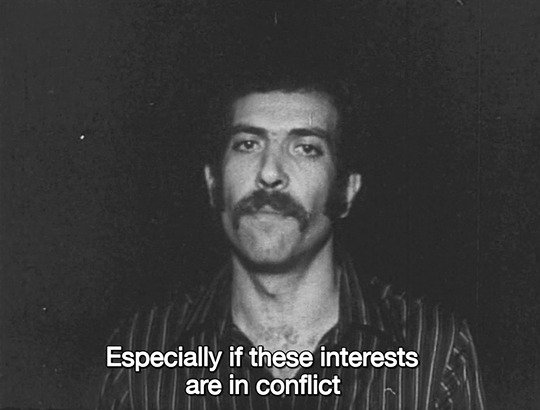
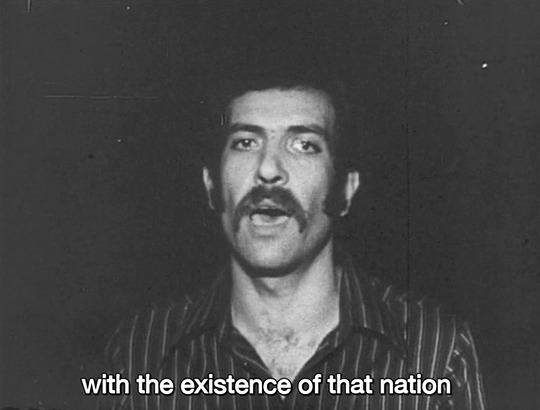
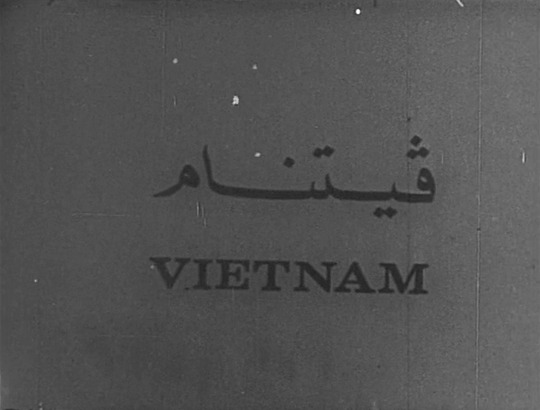

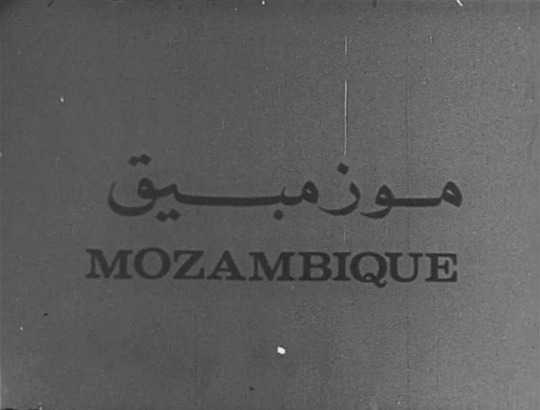
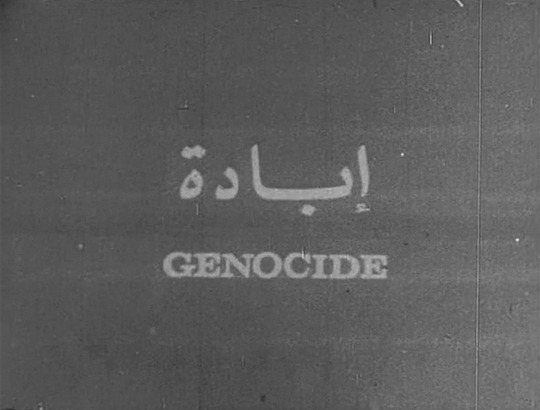
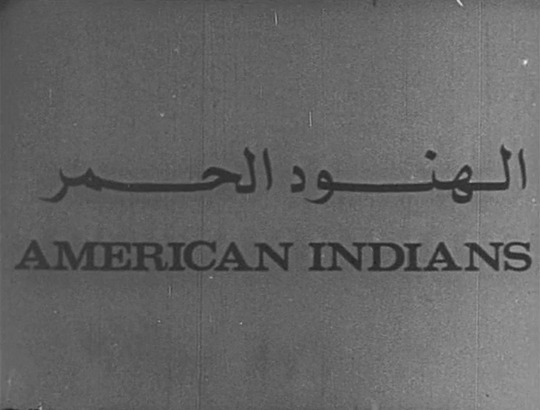
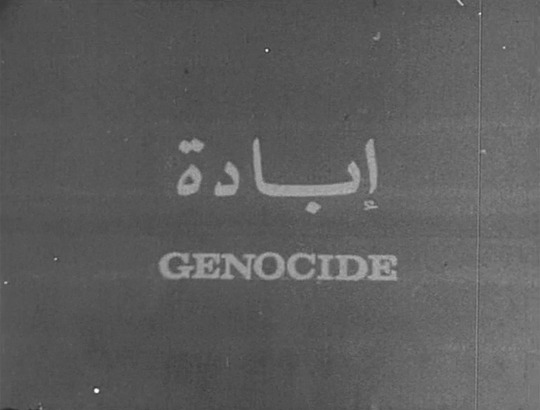
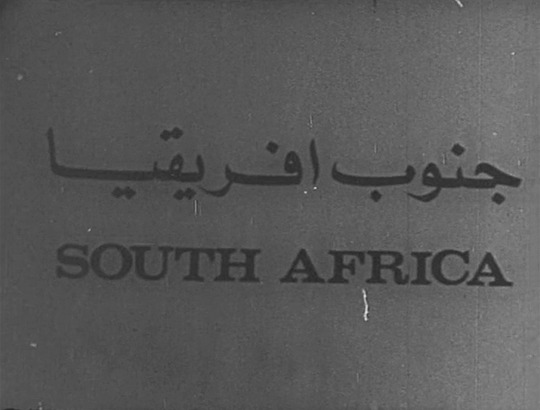
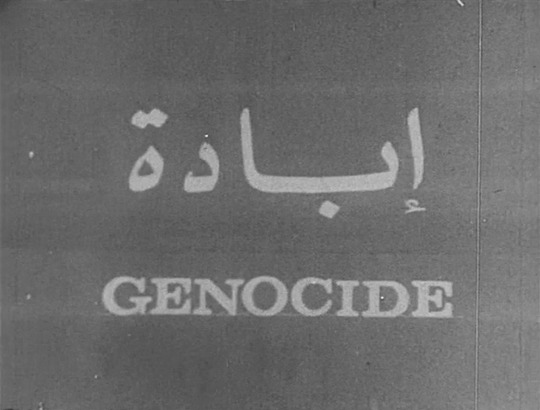
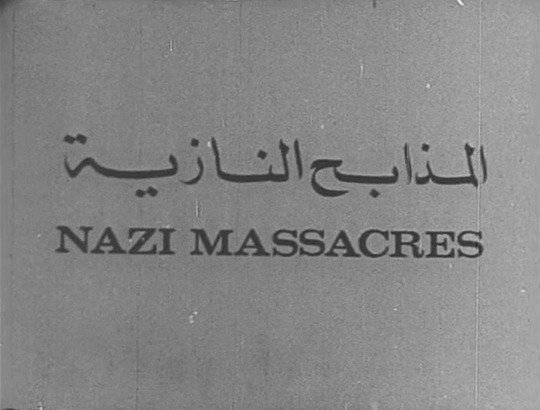
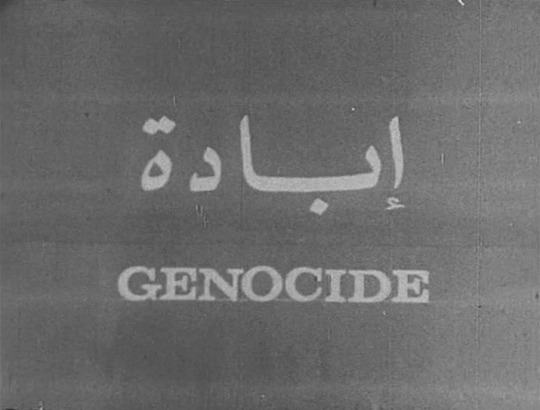
They Do Not Exist (1974) by Mustafa Abu Ali (watch)
from PalestineCinema.com:
Salvaged from the ruins of Beirut after 1982, Abu Ali's early film has only recently been made available. Shooting under extraordinary conditions, the director, who worked with Godard on his Ici et Ailleurs (Here and Elsewhere), and founded the PLO's film division, covers conditions in Lebanon's refugee camps, the effects of Israeli bombardments, and the lives of guerrillas in training camps. They Do Not Exist is a stylistically unique work which demonstrates the intersection between the political and the aesthetic. Now recognised as a cornerstone in the development of Palestinian cinema, the film only received its Palestine premiere in 2003, when a group of Palestinian artists "smuggled" the director to a makeshift cinema in his hometown of Jerusalem (into which Israel bars his entry).
Abu Ali, who saw his film for the first time in 20 years at this clandestine event noted: "We used to say 'Art for the Struggle', now it's 'Struggle for the Art'"
9K notes
·
View notes

